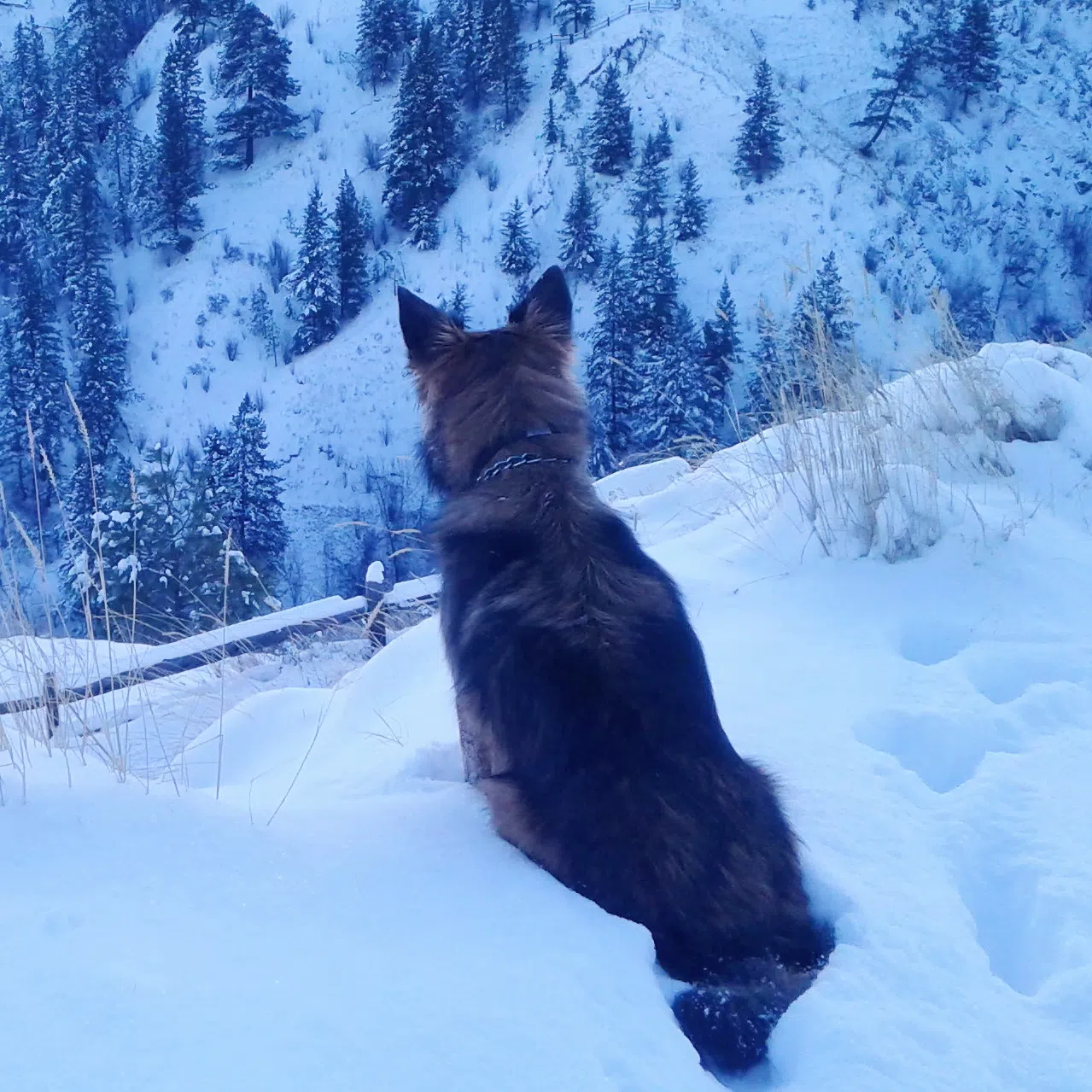
We ought to mind Mother Nature’s boundaries even when not visible
KAMLOOPS — I must admit, initially I thought the news was a joke. The story of three ‘angry’ otters (quotation marks not mine) that attacked a golden retriever in Victoria, attempting to drown it, according to the dog walker, struck me. The dog waded in the water and chased one of the otters and in a couple of minutes, an attack was unfolding which made the dog walker intervene by getting in the ocean to save the dog. The story had a happy ending, and there’s good learning in it. But…
One of the owner’s comments was that those otters are ‘not the kind of creature you want to meet in a dark alley.’ Right. Good news is, otters will never corner anyone in a dark alley. They are water critters, cute and playful, albeit wild. Hence precisely what they are destined to be: otters.
Now, I love our dog dearly. She has recently turned two, which means that she is less trouble than a young pup or an adolescent one, though to be fair, she has been pretty good all along. When we take her out and off-leash, perfect recall is a must and I constantly reinforce it. Noting the above, I’ll have an extra pair of eyes for when we go near otter-containing waters.
As much love as I have for her though, I know that I could never blame a wild animal for defending itself or its territory should my dog chase it or corner it somehow. We humans and our dogs go out on the trails, or near bodies of water, often crossing invisible boundaries into the deep wilderness, often assuming that we can do that with minimum consequences. By all means, that is possible if dogs are so well-trained that they stay close no matter what, or if we opt to keep the leash on in some areas. In other words, we assume risks by letting dogs run free and possibly coming across wildlife.


